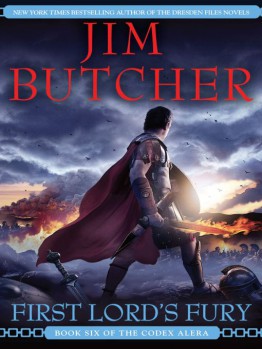Rich Horton Reviews Arctic Rising
 Arctic Rising
Arctic Rising
Tobias S. Buckell
Tor ( $24.99, hc, February 2012, 304 pages)
Reviewed by Rich Horton
Tobias S. Buckell began his novelistic career with a very nice linked trio of books that fit fairly readily with what has been called “New Space Opera” – adventure stories set in space (or at least on distant planets), the main difference between “New” and “Old” Space Opera being a greater concern in the newer stuff for non-white characters, and perhaps a lesser belief in the primacy of humanity’s position in the Universe. His career hiccuped a bit in recent years, partly simply because he was changing course to a different sort of book, but more seriously because of some health issues. But his new novel, Arctic Rising, is now out, and it’s another cracker – as full of action and neat Sfnal ideas as his first three books, but set on Earth in the near future, and taking as its subject a central contemporary concern, global warming.
The protagonist of Arctic Rising, Anika Duncan, is an airship pilot for the United Nations Polar Guard. As the story opens she and her partner notice a radiation signature on a ship entering arctic waters, but when they investigate, the ship shoots them out of the sky, seemingly a rather disproportionate response. Her partner dies, and Anika is eager to find justice for him, but soon realizes that the investigation has hit a brick wall. When she makes noise, things get worse quickly, in classic thriller fashion: Anika’s home is bombed, she’s beaten up and only barely escapes being killed. She ends up on the run with a sort of “prostitute with a heart of gold” – that is, a brothel operator who has taken a shine to her. The one clue she has leads her to a ship run by the radical Green organization Gaia, who have a plan to stop global warming. But it turns out their tech can be used in multiple ways …
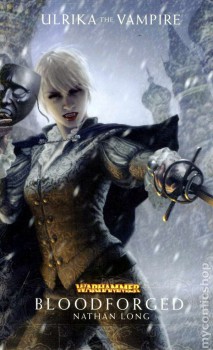 This week Black Gate picks up where we left off in
This week Black Gate picks up where we left off in  Nathan Long is a novelist best known for his work in the Warhammer universe, most notably for his Black Hearts series and Ulrika the Vampire series, as well as penning the new adventures of the classic Warhammer duo, Gotrek & Felix. Recently, Nathan’s
Nathan Long is a novelist best known for his work in the Warhammer universe, most notably for his Black Hearts series and Ulrika the Vampire series, as well as penning the new adventures of the classic Warhammer duo, Gotrek & Felix. Recently, Nathan’s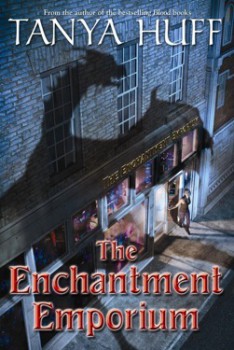 The Enchantment Emporium
The Enchantment Emporium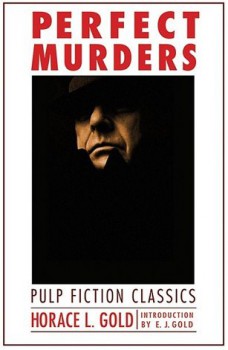 Perfect Murders
Perfect Murders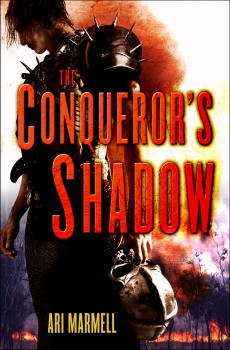 The Conqueror’s Shadow
The Conqueror’s Shadow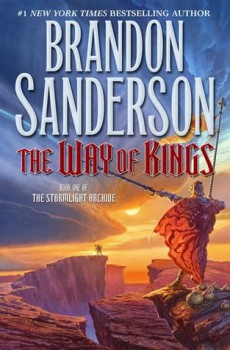 The Way of Kings
The Way of Kings Shades of Milk and Honey
Shades of Milk and Honey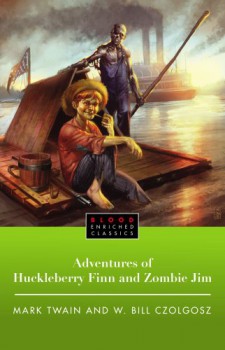 The Adventures of Huckleberry Finn and Zombie Jim: Mark Twain’s Classic with Crazy Zombie Goodness
The Adventures of Huckleberry Finn and Zombie Jim: Mark Twain’s Classic with Crazy Zombie Goodness 